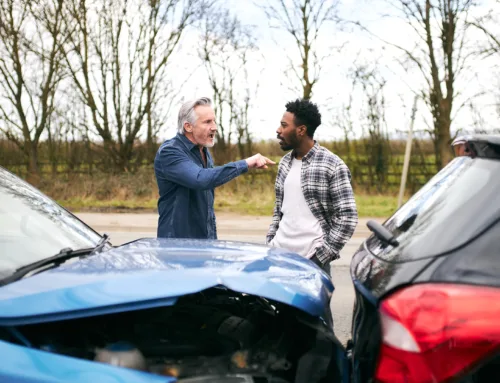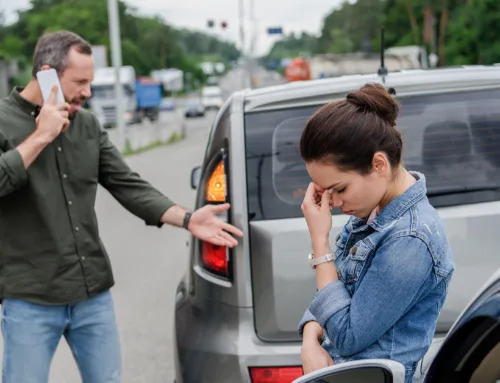Rideshare services like Uber and Lyft have changed the way we travel, offering convenience and flexibility to passengers and drivers alike. In Georgia, however, ridesharing also raises an important question for drivers: do you need rideshare insurance?
It’s unavoidable—using your personal vehicle for commercial purposes exposes you to unique risks and insurance challenges. Fortunately, there are things you can do to prevent and mitigate risk. Keep reading to learn how you can protect your financial and legal interests, as well as better understand the challenges facing rideshare drivers.
Understanding Rideshare Insurance in Georgia
Rideshare insurance covers drivers who work for platforms like Uber or Lyft. In Georgia, there is no specific law that requires rideshare drivers to have a certain amount of coverage, but the state does require all drivers to have an auto insurance policy. This includes drivers of transportation network companies (TNCs).
The insurance situation for rideshare drivers is a bit complicated. Rideshare companies do offer some insurance protection, but it depends on whether the rideshare app is on or off. The coverage provided by these companies, usually up to $1 million, only applies under certain conditions and may not cover all situations a driver faces.
It is important to know how these policies work. For example, a personal auto policy covers the driver when they use their vehicle for personal use, but it may not cover them if they use their vehicle for commercial use without proper coverage. This may create a gap in coverage, especially when the driver is logged into the app but has not yet accepted a ride request. In this case, neither the personal policy nor the rideshare company’s policy may provide full protection, exposing the driver to risk.
Rideshare Insurance Coverage Phases
Rideshare drivers in Georgia need to be aware of the different phases of insurance coverage that apply to their activity. These phases are:
- Personal Use (Phase 1): This is when the driver uses the vehicle for personal reasons and the rideshare app is off. In this phase, the driver’s personal auto insurance policy covers any accidents or incidents.
- App On, No Ride Request (Phase 2): This is when the driver turns on the rideshare app but has not yet accepted a ride request. In this phase, the personal auto insurance policy may not cover the driver, and the rideshare company’s insurance may provide limited coverage. Georgia requires rideshare drivers to have at least $50,000 per person and $100,000 per accident in bodily injury liability coverage, and $25,000 in property damage liability coverage during this phase.
- Ride Accepted and In Progress (Phase 3): This is when the driver accepts a ride request and is either on the way to pick up the passenger or is transporting them. In this phase, the rideshare company’s insurance provides up to $1 million in liability coverage for bodily injury and property damage. This is the most comprehensive coverage phase for rideshare drivers.
The most risky phase for rideshare drivers is Phase 2, where there is a gap in coverage between the personal auto insurance policy and the rideshare company’s insurance. This gap can expose the driver to financial and legal liability in case of an accident.
To avoid this risk, you can purchase rideshare insurance, which covers you during all three phases of ridesharing. Rideshare insurance can protect you from any accidents that may occur while using a rideshare platform. This applies to drivers and passengers alike.
Compensation for Georgia Rideshare Accidents
Rideshare accidents can result from driver fatigue, distraction, and the complex nature of app-based services. These incidents may lead to a range of injuries, from minor to severe, impacting the victims’ quality of life and work ability.
In the event of an accident, rideshare insurance plays a crucial role in compensation. However, it’s important to recognize that these policies have limits. They may not fully cover all medical expenses or damages incurred. In such situations, filing a personal injury claim can help bridge the gap between the insurance coverage and the actual costs.
Get an Atlanta Rideshare Accident Attorney on Your Side
Dealing with a rideshare accident in Georgia can be frustrating. It can be complex, involving negotiations with multiple insurance providers. If you’re involved in a rideshare accident in or around Atlanta, Georgia, Flanagan Law can help you handle the legal complexities and provide peace of mind during a stressful time. For more information or to seek legal assistance regarding rideshare insurance and accidents, reach out to us today.


